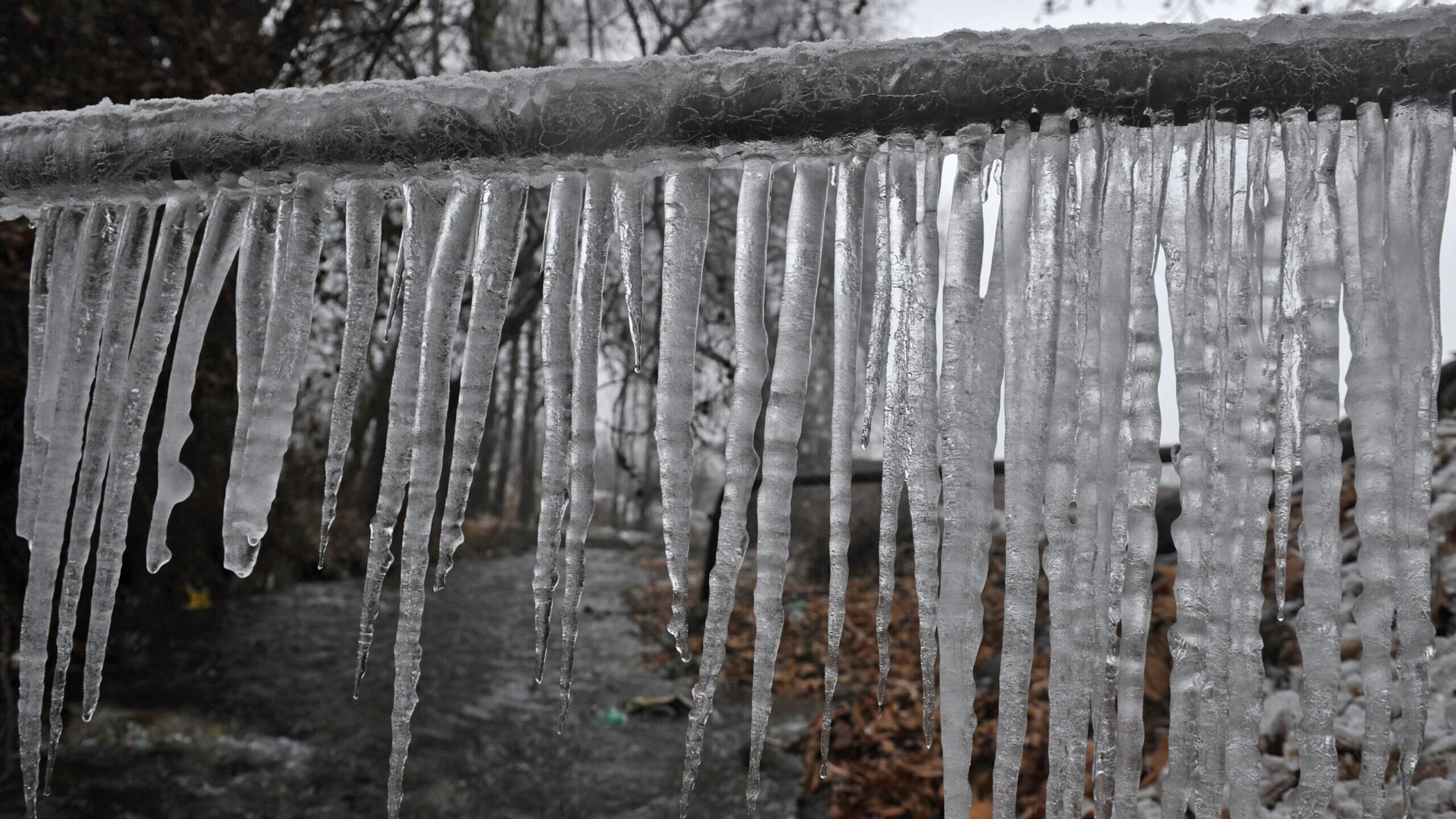Key Methods for Avoiding Frozen Pipes in Cold Weather
Key Methods for Avoiding Frozen Pipes in Cold Weather
Blog Article
What are your opinions about How to prepare your home plumbing for winter weather?

Winter can wreak havoc on your pipes, particularly by freezing pipelines. Right here's how to avoid it from taking place and what to do if it does.
Introduction
As temperatures decrease, the threat of frozen pipes increases, potentially causing costly repair services and water damages. Understanding just how to stop frozen pipelines is critical for home owners in chilly climates.
Recognizing Frozen Pipelines
What triggers pipes to freeze?
Pipes freeze when subjected to temperature levels listed below 32 ° F (0 ° C) for expanded durations. As water inside the pipes ices up, it increases, taxing the pipeline wall surfaces and possibly triggering them to break.
Threats and damages
Frozen pipelines can bring about water system interruptions, residential property damages, and costly fixings. Burst pipes can flood homes and create comprehensive architectural damages.
Indicators of Frozen Pipes
Determining icy pipelines early can stop them from bursting.
Exactly how to recognize frozen pipes
Try to find lowered water circulation from faucets, unusual odors or noises from pipelines, and visible frost on revealed pipes.
Prevention Tips
Protecting vulnerable pipes
Cover pipelines in insulation sleeves or use heat tape to secure them from freezing temperature levels. Focus on pipes in unheated or outside locations of the home.
Home heating techniques
Maintain indoor spaces sufficiently heated up, particularly locations with pipes. Open up cupboard doors to enable warm air to distribute around pipes under sinks.
Protecting Outdoor Pipes
Yard pipes and outside faucets
Separate and drain pipes yard pipes prior to winter season. Mount frost-proof faucets or cover exterior faucets with insulated caps.
What to Do If Your Pipes Freeze
Immediate activities to take
If you believe frozen pipelines, keep taps open to soothe stress as the ice thaws. Make use of a hairdryer or towels taken in hot water to thaw pipes gradually.
Long-Term Solutions
Structural adjustments
Consider rerouting pipelines away from outside wall surfaces or unheated areas. Include extra insulation to attic rooms, basements, and crawl spaces.
Updating insulation
Invest in high-quality insulation for pipelines, attic rooms, and walls. Correct insulation helps preserve consistent temperatures and lowers the risk of icy pipes.
Final thought
Protecting against frozen pipes calls for proactive steps and quick feedbacks. By understanding the causes, indications, and safety nets, homeowners can safeguard their plumbing during cold weather.
Helpful Tips to Prevent Frozen Pipes this Winter
UNDERSTANDING THE BASICS: WHY PIPES FREEZE AND WHY IT’S A PROBLEM
Water freezing inside pipes is common during the winter months, but understanding why pipes freeze, and the potential problems it can cause is crucial in preventing such incidents. This section will delve into the basics of why pipes freeze and the associated problems that may arise.
THE SCIENCE BEHIND FROZEN PIPES
When water reaches freezing temperatures, it undergoes a physical transformation and solidifies into ice. This expansion of water as it freezes is the primary reason pipes can burst. As the water inside the pipe freezes, it expands, creating immense pressure on the walls. If the pressure becomes too great, the pipe can crack or rupture, leading to leaks and water damage.
FACTORS THAT CONTRIBUTE TO PIPE FREEZING
Low Temperatures: Extremely cold weather, especially below freezing, increases the risk of pipes freezing. Uninsulated or Poorly Insulated Pipes: Pipes located in unheated areas, such as basements, crawl spaces, or attics, are more prone to freezing. Insufficient insulation or lack of insulation altogether exacerbates the problem. Exterior Wall Exposure: Pipes running along exterior walls are susceptible to freezing as they encounter colder temperatures outside. Lack of Heating or Temperature Regulation: Inadequate heating or inconsistent temperature control in your home can contribute to frozen pipes. PROBLEMS CAUSED BY FROZEN PIPES
- Pipe Bursting: As mentioned earlier, the expansion of water as it freezes can cause pipes to burst, resulting in significant water damage.
- Water Damage: When pipes burst, it can lead to flooding and water damage to your property, including walls, ceilings, flooring, and personal belongings.
- Structural Damage: Prolonged exposure to water from burst pipes can compromise the structural integrity of your home, leading to costly repairs.
- Mold and Mildew Growth: Excess moisture from water damage can create a favorable environment for mold and mildew growth, posing health risks to occupants.
- Disrupted Water Supply: Frozen pipes can also result in a complete or partial loss of water supply until the issue is resolved.
WHY CERTAIN PIPES ARE MORE PRONE TO FREEZING
- Location: Pipes located in unheated or poorly insulated areas, such as basements, crawl spaces, attics, or exterior walls, are at higher risk of freezing.
- Exterior Pipes: Outdoor pipes, such as those used for irrigation or exposed plumbing, are particularly vulnerable to freezing as they are directly exposed to the elements.
- Supply Lines: Pipes that carry water from the main water supply into your home, including the main water line, are critical to protect as freezing in these lines can affect your entire plumbing system.
- Underground Pipes: Pipes buried underground, such as those connected to sprinkler systems or outdoor faucets, can be susceptible to freezing if not properly insulated.
https://busybusy.com/blog/helpful-tips-to-prevent-frozen-pipes-this-winter/

Do you appreciate reading up on 6 Ways to Prevent Frozen Pipes? Place feedback further down. We'd be glad to listen to your thoughts about this post. We hope that you come back again in the near future. Are you aware of another individual who is fascinated by How to prepare your home plumbing for winter weather? Be sure share it. We treasure your readership.
Contact Us Now Report this page